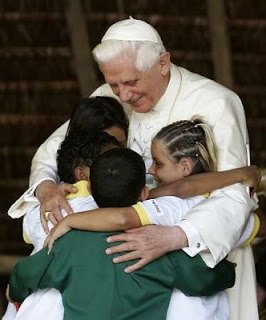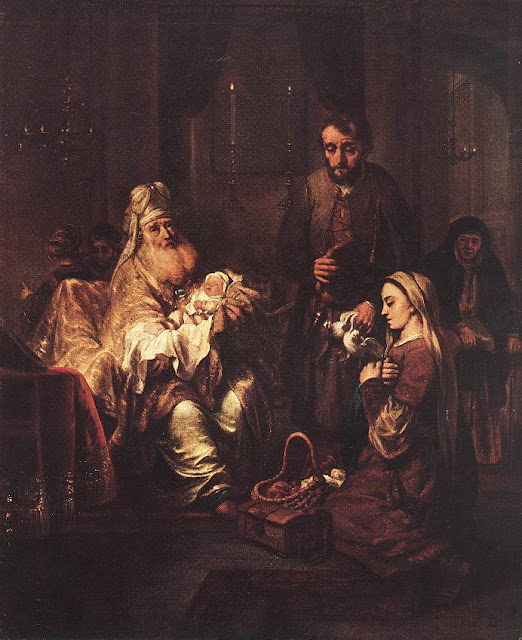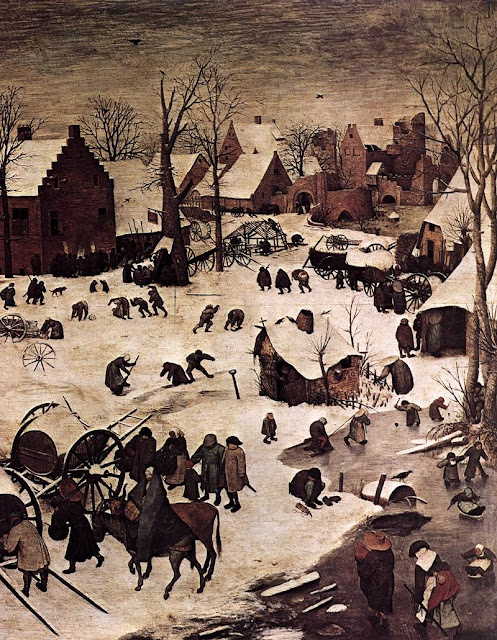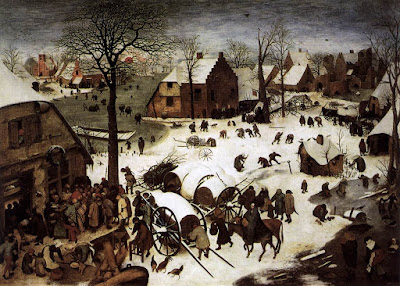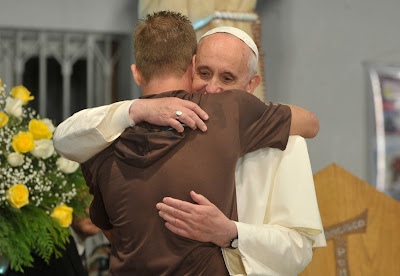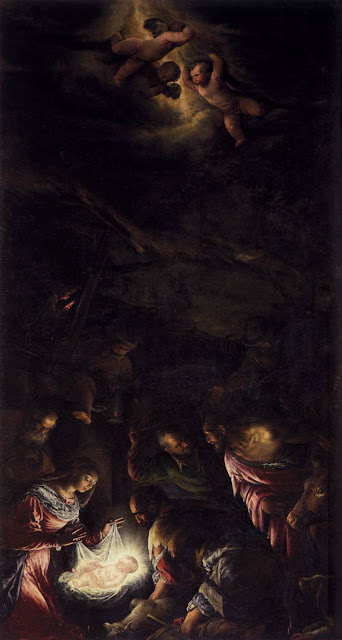Readings (New American Bible: Philippines, USA)
anything from the market unless they wash it; and there are also many other traditions that they observe, the washing of cups, pots, and bronze kettles.) So the Pharisees and the scribes asked
him, “Why do your disciples not live according to the tradition of the elders, but eat with defiled hands?” He said to them, “Isaiah prophesied rightly about you hypocrites, as it is written,
in vain do they worship me,
teaching human precepts as doctrines.’
For it is from within, from the human heart, that evil intentions come: fornication, theft, murder, adultery, avarice, wickedness, deceit, licentiousness, envy, slander, pride, folly. All these evil things come from within, and they defile a person.”
More than three years ago I was speaking to a Filipino seminarian who had worked in Dubai for some years. He had been quite involved in his parish at home and wanted to visit a group of Catholics from Kerala, India, who lived in a labour camp in Dubai. His friends thought he was crazy but he went anyway. He simply wanted to befriend these men whose living conditions he had heard about.
What he described was what I’ve found subsequently in videos such as the one above, which is from an Indian TV station, except that in my imagination I had pictured World War II-type wooden huts instead of big buildings not unlike apartment blocks in large cities.
The men made him most welcome. The air inside was just as the reporter in the video described. His hosts were preparing a meal outside their crowded bedroom. They didn’t see much need to wash their hands or their utensils and what they were preparing was somewhat more spicy than what Filipinos normally eat.
But the young Filipino enjoyed being with his fellow Catholics, whom he knew were his brothers. He could see clearly their living conditions and was able to understand some of their stories. But what struck him most of all was their hospitality.
The Pharisees and scribes in today’s gospel ask Jesus, Why do your disciples not live according to the tradition of the elders, but eat with hands defiled?
The situation my young Filipino friend came across in Dubai can be found in many countries. The term ‘OFW’ is widely used here in the Philippines. It means ‘Overseas Filipino Worker’. OFWs are often described by politicians as modern-day heroes. But too few politicians and others are asking why so many, probably a minority in the overall picture but yet a large number of individual real persons, are exploited by some agencies at home and by employers abroad. In reality, these are treated as anything but heroes.
Nor is Jesus opposing tradition or traditions. He was a faithful Jew, as were Joseph and Mary and understood their importance. Tradition and traditions, even if we don’t know their origins, are basically life-giving. The Pharisees and scribes in today’s gospel – not all Pharisees and scribes were like these – have turned them into ways of sucking the lifeblood out of people.
Reb Tevye in the extract from Fiddler on the Roof below says, And because of our traditions, every one of us knows who he is. The exploited workers from Kerala carried with them the tradition of hospitality they had inherited from their ancestors and welcomed a stranger from the Philippines in Dubai. Despite their appalling conditions they knew who they were. They lacked freedom in so many ways but they had the freedom to be welcoming. Hospitality is one of the most cherished experiences in the Bible, in both the Old and New Testaments. It is cherished in every culture and it is at the heart of following Jesus, who showed hospitality to others, rich and poor, and who graciously accepted it from others, rich and poor. Indeed, he was sometimes criticised for eating with the poor, as he is in today’s gospel because his companions didn’t wash their hands.
I don’t know if the workers from Kerala whom my friend met had a chance to go to Mass – he did as he lived very near a church. But the Prayer after Communion today fits in with their meeting in Dubai.
Renewed by this bread from the heavenly table,
we beseech you, Lord,
that, being the food of charity,
it may confirm our hearts
and stir us to serve you in our neighbour.
Through Christ our Lord.


